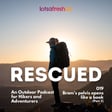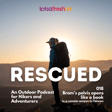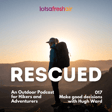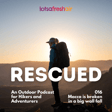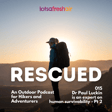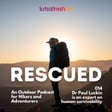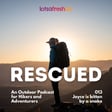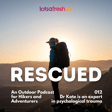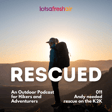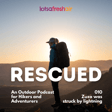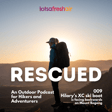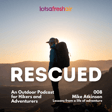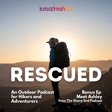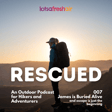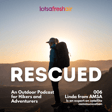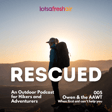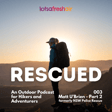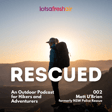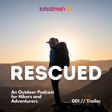
004 // Jane in Spain - Alone with a broken leg
Closer to Morocco than Madrid, the resort town of Nerja on Spain's southern coastline, draws visitors to its beaches, historic caves and mountainous national park that surrounds it.
In this episode, experienced hiker Jane takes us high up into the Rio Chilla, a beautiful, clear water walk-in canyon that's popular with families and tourists with a name that translates as "Screaming River".
It's a trip that should have taken about 4 hours. But as you'll hear, took much, much more. Well-prepared and loaded with research, Jane shares her story of what she learned from a long, painful and lonely night when she found herself waking up to a dog licking her face, the threat of wild boar and what items she's added to her packing list since.
Her story highlights the value of:
- research
- telling someone where you’re going
- choosing a hike to suit the plan
- taking the right gear / being well prepared
- acting fast to put on your warm layers
- using a whistle to try and attract attention
- keeping calm and using strategies to pass time/distract from pain
- the value of satellite communications
- adding an emergency blanket to a packing list
Visit the website for transcript.
